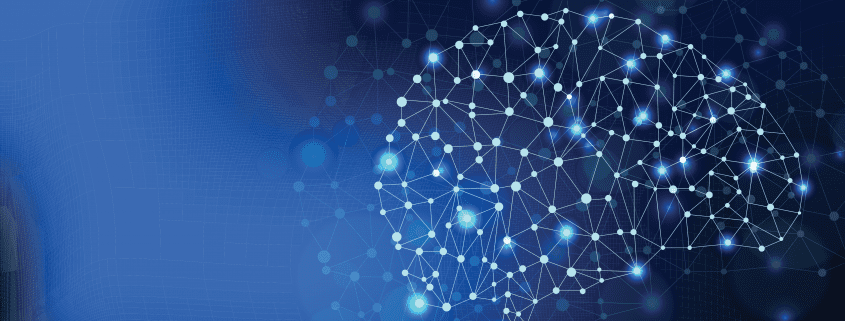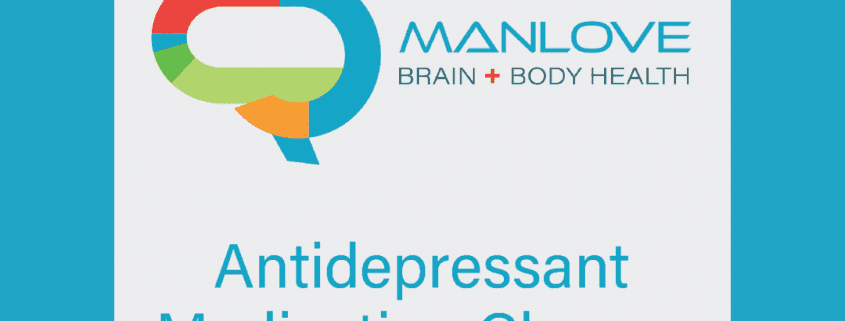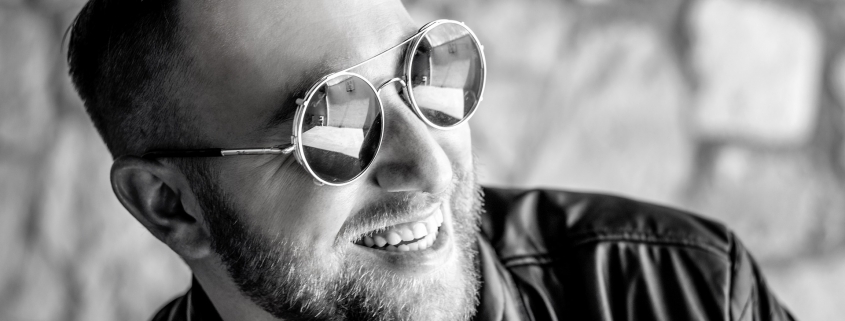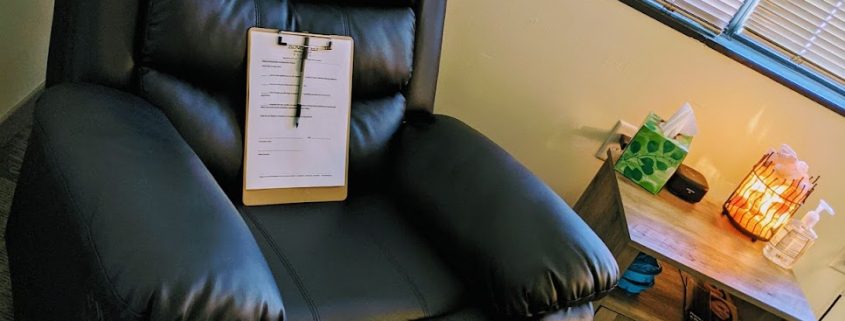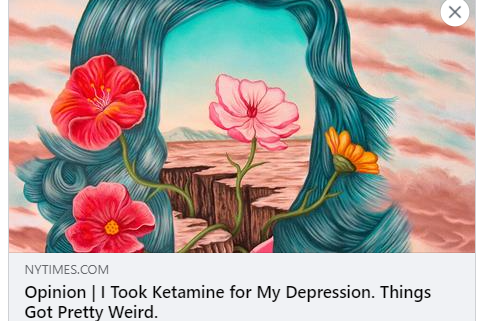How to Combat Seasonal Depression
In a recent blog, we outlined the differences between depression and sadness. For those with seasonal affective disorder (SAD), it can be even more challenging to determine if you have depression or if you are experiencing temporary sadness due to the temporary nature of SAD. Luckily, there are several remedies that can be easily implemented on your own that will help improve your overall health and can even help prevent clinical depression from developing. If you think you might have seasonal depression, give some of these recommendations a try.
If you need additional support, don’t be afraid to reach out to a psychiatrist for a personalized treatment plan.
What is Seasonal Depression?
Seasonal depression is depression caused by the changing seasons, typically beginning in late fall and lasting through early spring. SAD can affect anyone, but those who live in the northern regions of the United States may be at a higher risk.
Symptoms of seasonal depression may include:
- Lack of energy
- Loss of interest in usual activities
- Difficulty sleeping or oversleeping
- Difficulty concentrating
- Feeling hopeless
- Mood swings
- Weight gain
SAD is more than being sad about the cold weather. If seasonal changes affect your ability to function as you normally would, this is a good indicator that you may have seasonal depression.
What Causes Seasonal Depression?
Seasonal depression is caused by a chemical imbalance in the brain. In many cases, this is triggered by low serotonin levels, which is an important chemical in the brain that regulates your mood. In other cases, it could be caused by an overproduction of melatonin, which helps regulate your sleep cycles and makes you feel tired. Both serotonin and melatonin help maintain your body’s daily patterns that signal when it is day or night. Seasonal changes may cause your body to over or underproduce these chemicals making it difficult to function as you normally would.
How are these chemical imbalances related to seasonal changes? The lack of sunlight during the winter months can lead to vitamin D deficiency which can cause these imbalances in the brain. Vitamin D helps promote serotonin activity and is inversely connected to melatonin levels. When you are deficient in vitamin D, your serotonin levels drop and you may begin to overproduce melatonin.
Ways to Combat Seasonal Depression
Increase Vitamin D Levels
Since seasonal depression is often triggered by a lack of vitamin D, it’s no surprise that the best way to combat seasonal depression is to address any vitamin D deficiencies you may have. Here are a few ways you can increase your vitamin D levels:
- Get outside for 10-15 minutes every day. Going for a daily walk outside will have incredible benefits for your overall health and will give you the much-needed sun exposure to help boost your vitamin D. Even if you are bundled up for the weather, getting some sun exposure on your face will have some benefits.
- Incorporate vitamin D rich foods into your diet.
- Egg yolks
- Orange juice fortified with vitamin D
- Cow milk or plant based milk fortified with vitamin D
- Wild caught salmon
- Tuna
- Swordfish
- Mushrooms
- Fortified cereal
- Take Vitamin D supplements. While the best way for your body to absorb vitamin D will be from sun exposure and vitamin D rich foods, your body will likely absorb at least some vitamin D from over the counter supplements.
Light Therapy
If you live in a northern or midwestern region, getting outside everyday is still very important, but you may need more light exposure than what you are able to get naturally. Consider purchasing a lamp for light therapy. You can find some relatively inexpensive lamps online that you can place on your desk, end table, or even set up on your bathroom vanity for when you get ready for your day. It is best to use the lamp for at least 30 minutes each day, ideally getting a minimum of 10 minutes within the first hour of waking.
Light therapy helps signal to your body that it is day time. This will reduce the production of melatonin and increase your serotonin production.
Some individuals may begin to feel their mood lift within a few days of beginning light therapy and most will begin to feel a reduction in their depression symptoms within two weeks.
Ketamine for Seasonal Depression
Typically used for treatment resistant depression, ketamine therapy can be a good option for those who are severely affected by seasonal affective disorder. Ketamine can be administered as a nasal spray, shot, IV, or oral medication and can be used on an occasional basis which makes it a good option for treating SAD.
Psychotherapy
Psychotherapy, also known as talk therapy or simply “therapy”, is when an individual sits down with a mental health professional to pinpoint potential triggers of their depression and discuss coping strategies. This can be a good option for those with seasonal depression by recognizing unhealthy thought patterns and retraining the brain. This can be done on a seasonal basis for some extra help when you need it. However, for some, it may be best to participate in psychotherapy on an ongoing basis to help you prepare your thought process for the darkest months.
Improve Your Overall Health
At Manlove Brain and Body Health, we encourage our patients to improve their overall health in as many ways as possible. By improving the overall health of our patients, we have been able to improve their response to depression treatment. No matter how severe your seasonal depression is, you can improve your brain’s response to your treatment methods by eating a healthy diet, maintaining healthy social connections, getting at least 7 hours of sleep each night, limiting caffeine, meditating, and exercising for at least 150 minutes each week.
By improving your overall health, you are improving your brain’s ability to function properly. This can help your brain adapt to seasonal changes and can prevent other brain diseases including clinical depression, anxiety, mood disorders, and dementia.
If you experience seasonal depression, try increasing your vitamin D levels and consider purchasing a lamp for light therapy. If these home remedies are not enough, see a psychiatrist to explore ketamine, psychotherapy, or other treatment options for your seasonal affective disorder.

Stephen Manlove, MD graduated from the University of Minnesota Medical School and completed residencies in Psychiatry and Internal Medicine through the University of Virginia Medical School. He holds multiple board certifications in psychiatry/neurology, internal medicine and forensic psychiatry. This deep understanding of medicine gives him a unique ability to practice truly holistic psychiatry—fusing lifestyle changes and brain health best practices with genetic testing and a detailed laboratory workup to develop a personalized plan for each patient. As an early adopter of transcranial magnetic stimulation (TMS) and ketamine/Spravato, he and the Manlove Brain + Body team have helped thousands of patients suffering from treatment resistant depression, anxiety and PTSD.



